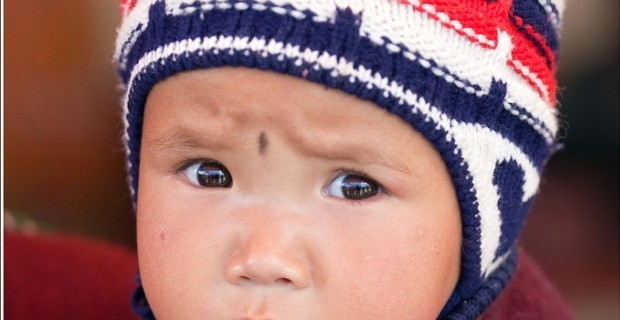 With anti-bacterial everything and massive warnings surrounding every activity from eating red meat to going out in the sun, it’s no wonder some parents are becoming overprotective of their children. Rather than helping kids, however, the parents’ paranoid protection is, quite frankly, making the kids nuts.
With anti-bacterial everything and massive warnings surrounding every activity from eating red meat to going out in the sun, it’s no wonder some parents are becoming overprotective of their children. Rather than helping kids, however, the parents’ paranoid protection is, quite frankly, making the kids nuts.
But don’t take it from us. Take it from professor and psychologist Tanya Byron, whose insight was mentioned at Medicaldaily.com:
More and more middle-class children are developing mental health problems as an increasing number of risk-averse parents are raising them “in captivity.”
Why is this happening?
Instead of protecting kids, such captivity only hinders their development, leaving them perfectly unable to deal with real life once it hits them in the face. The kids end up with absolutely no “emotional resilience,” Byron says, and become paranoid in their own way, specifically with an intense fear of failure.
The results have also included total mental breakdowns in kids, even in children who are bright and come from families with no history of mental illness. This overprotection extends to all areas of a kid’s life, from what they eat to how they play.
“When was the last time you saw a kid out enjoying themselves on their bike? Children are not really encouraged, supported or taught how to assess, take and manage risk and I think that it is developmentally catastrophic for them,” Byron said. “Risk-taking is seen as a very dangerous thing and to be avoided at all costs.”
This protection against risk-taking could be hindering the entire world, if you really look at it. Some of the most useful discoveries and amazing ideas were born out of failure. Failure teaches people to learn from their mistakes and strive to do better. It can also lead to accidental genius and self-satisfaction that hey, at least a person wasn’t afraid to try.
Kids these days are afraid to do pretty much anything – or they may get into hot water with their parents if they do anything outside the norm.
How schools and society are contributing
Parents are not the only ones contributing to the problem. Many schools have become fearful of giving out bad grades for fear of diminishing a child’s self-esteem. Some tinker with the idea of getting rid of grades altogether, or at least the lower ones. Top athletes and honor students, on the other hand, may be less inclined to merit the praise they deserve since that, too, may crush the self-esteem of athletes or scholars who are not as good.
With this kind of thinking, self-esteem is not enhanced at all. It is eroded. Everyone becomes the same middle-of-the-road performer, a situation that results in neither self-satisfaction nor passion. It instead results in the world as one big blah-fest where people are stuck in a quagmire of mediocrity.
And it, too, contributes to childhood anxiety, panic attacks in children, and other mental health issues across the board. It’s tough to imagine anyone who wouldn’t be a bit stressed if their exceptional talents or hard work were never honored and they were forced to receive the same praise, or lack thereof, as another person who didn’t even bother to do anything worthwhile. Hopefully insights like this will help parents and school stop the detrimental trend and let their kids live a little to learn a lot.
SOURCES:





